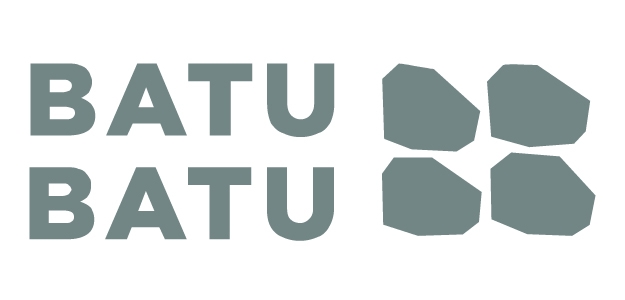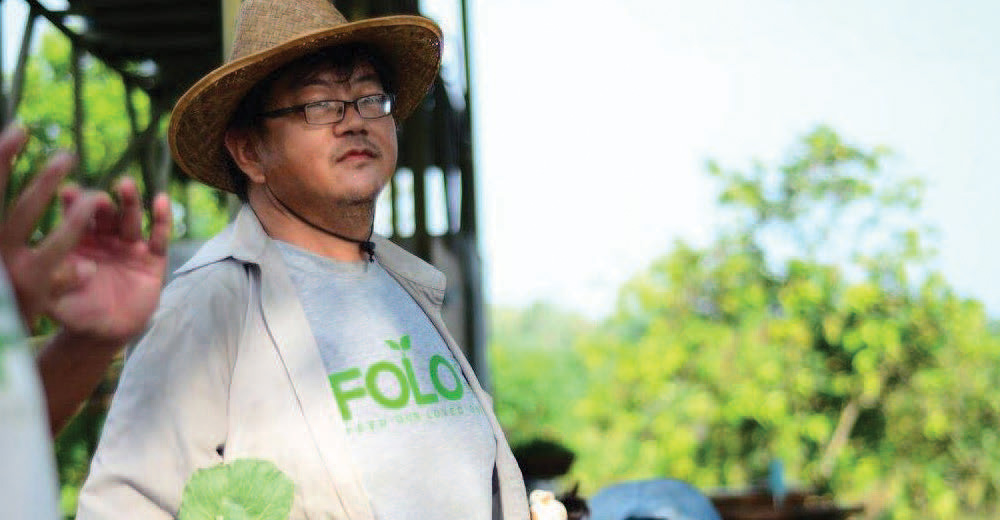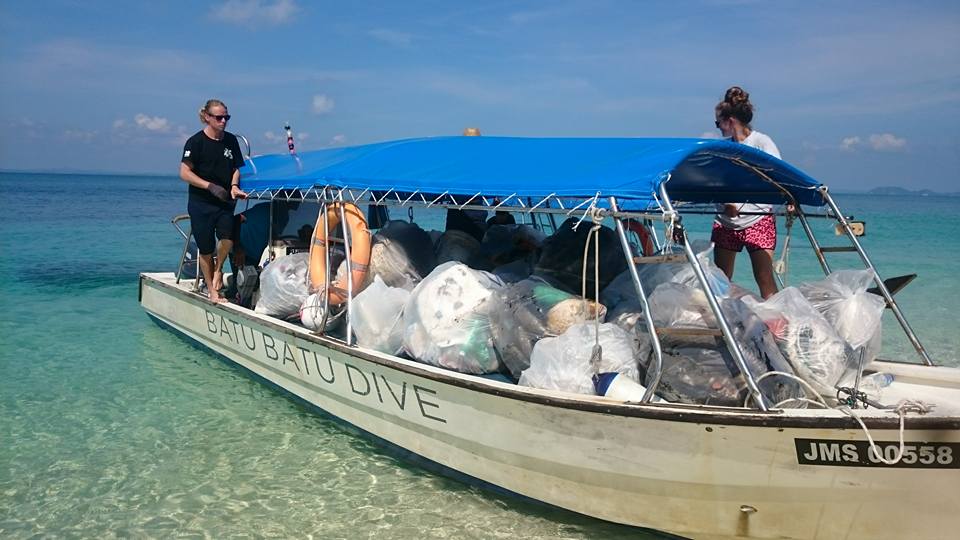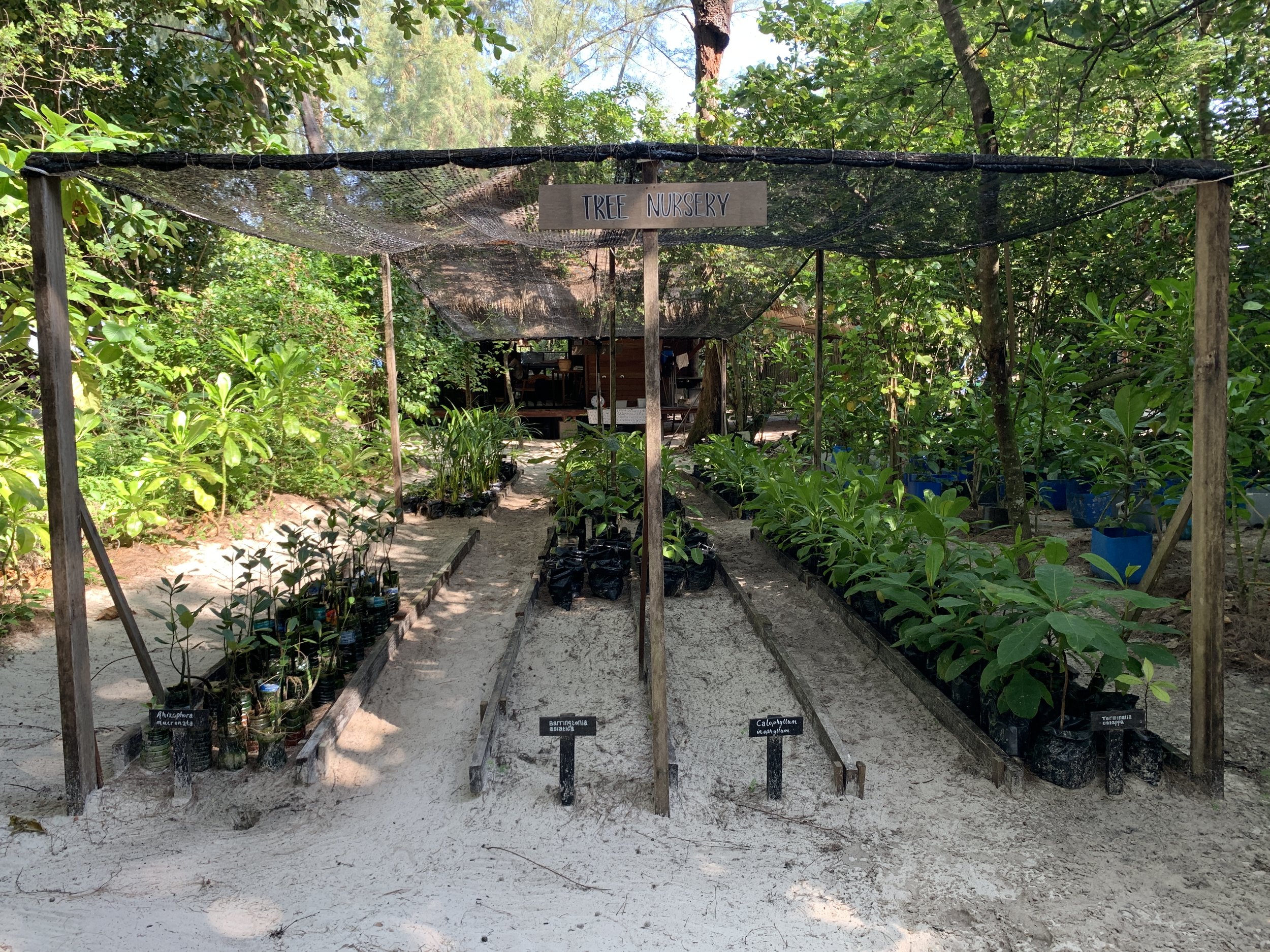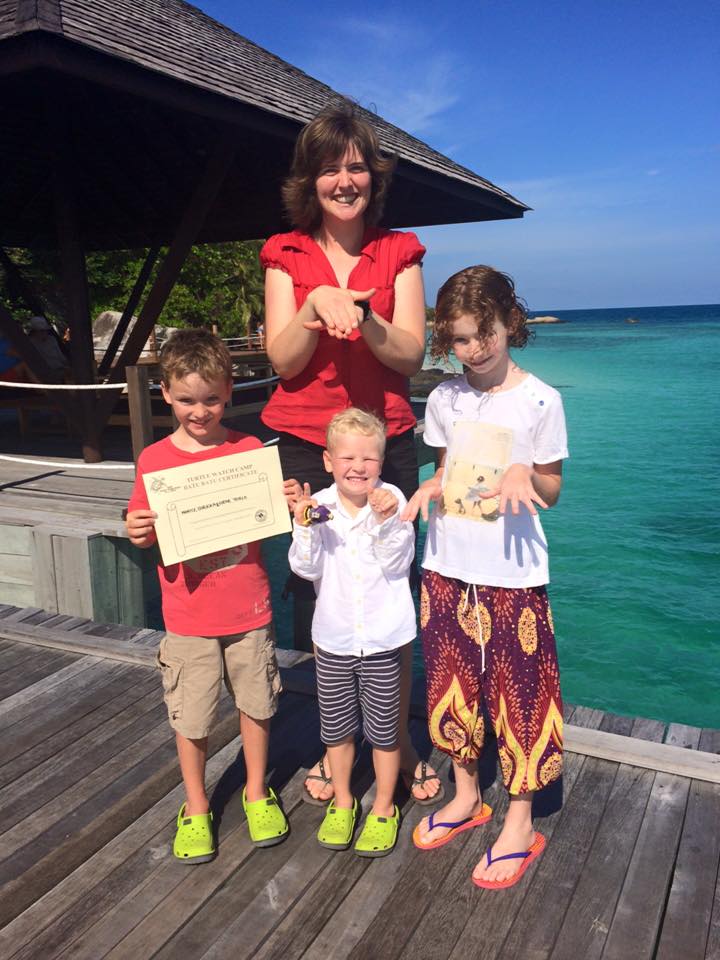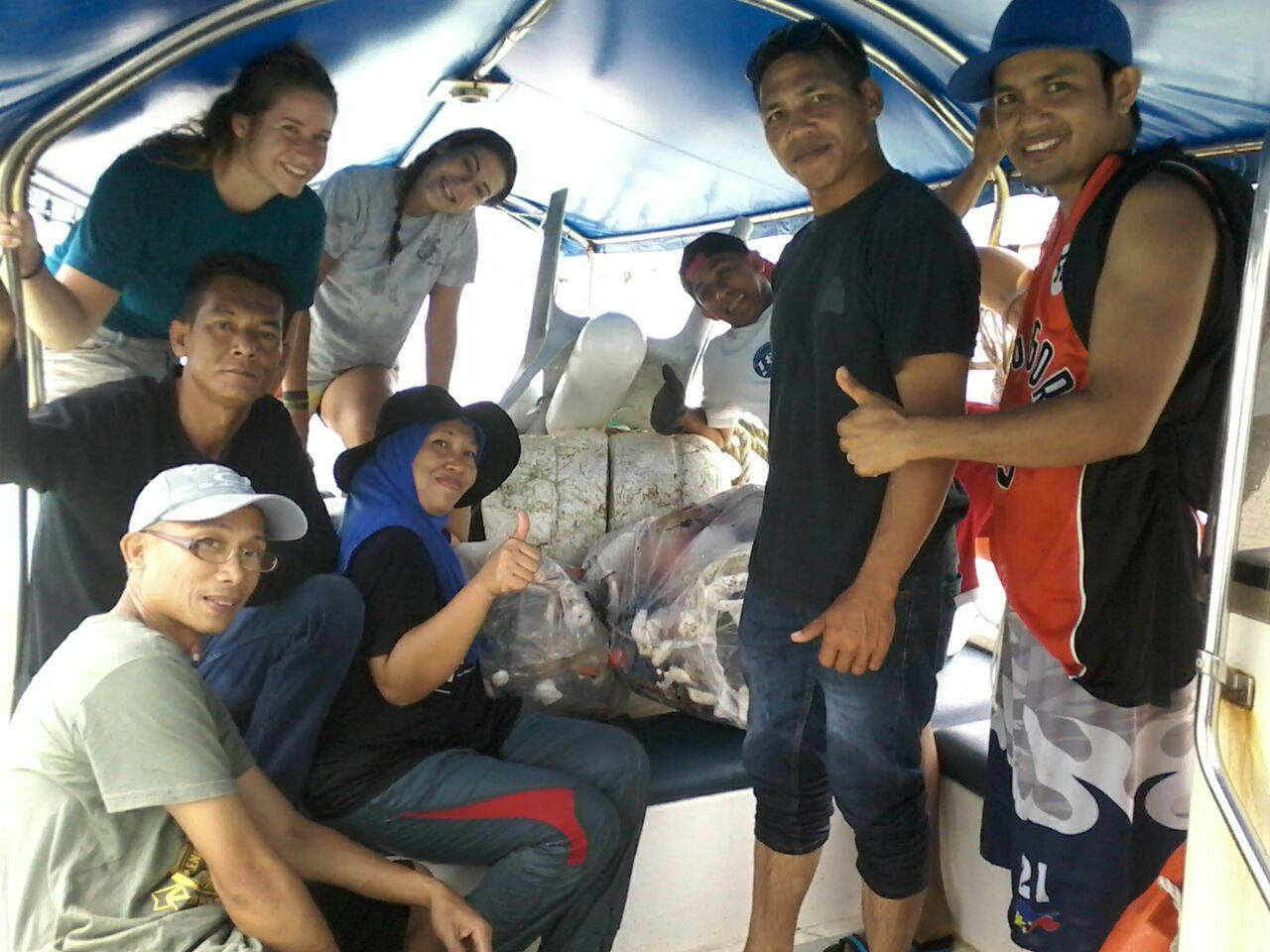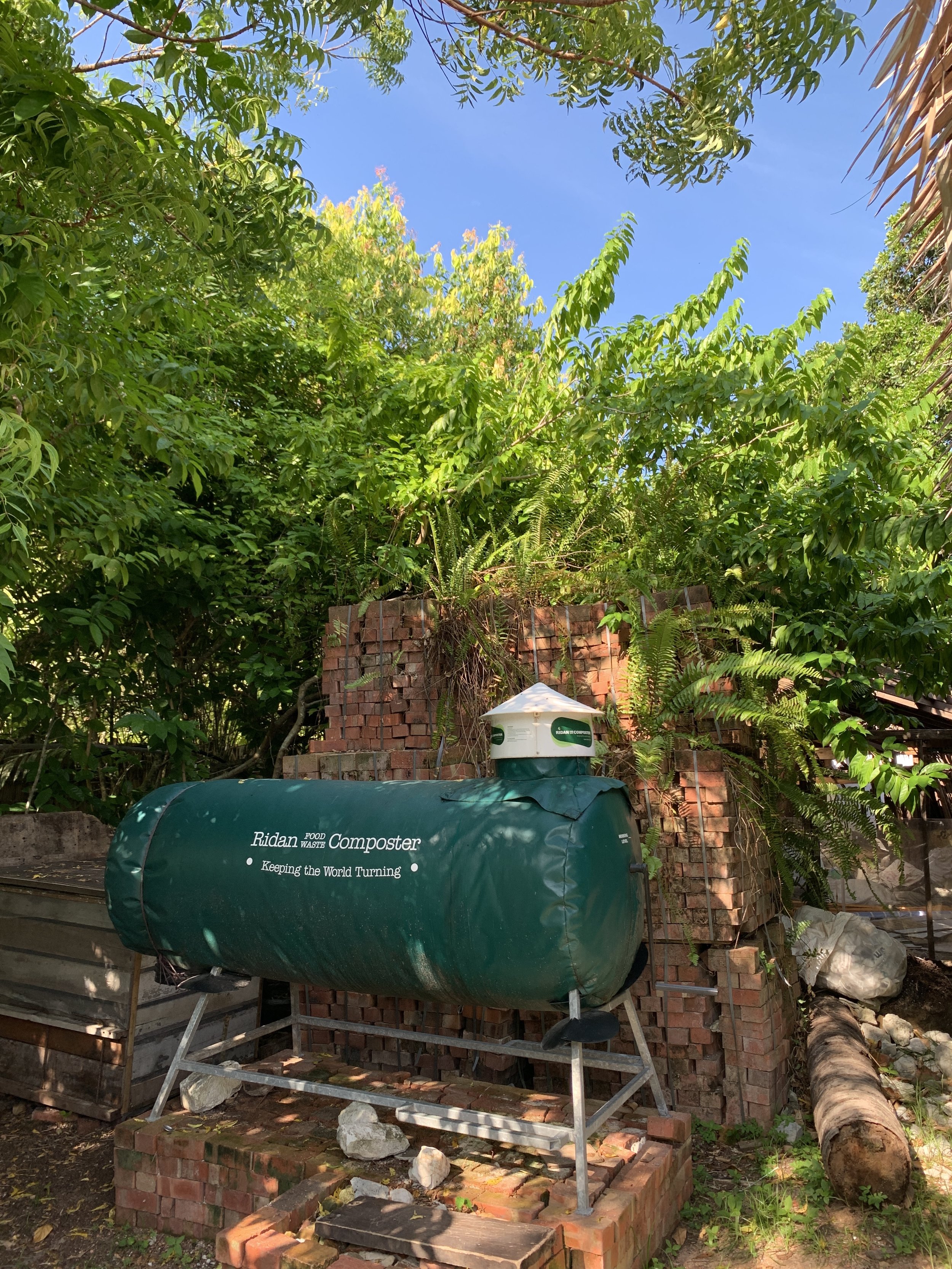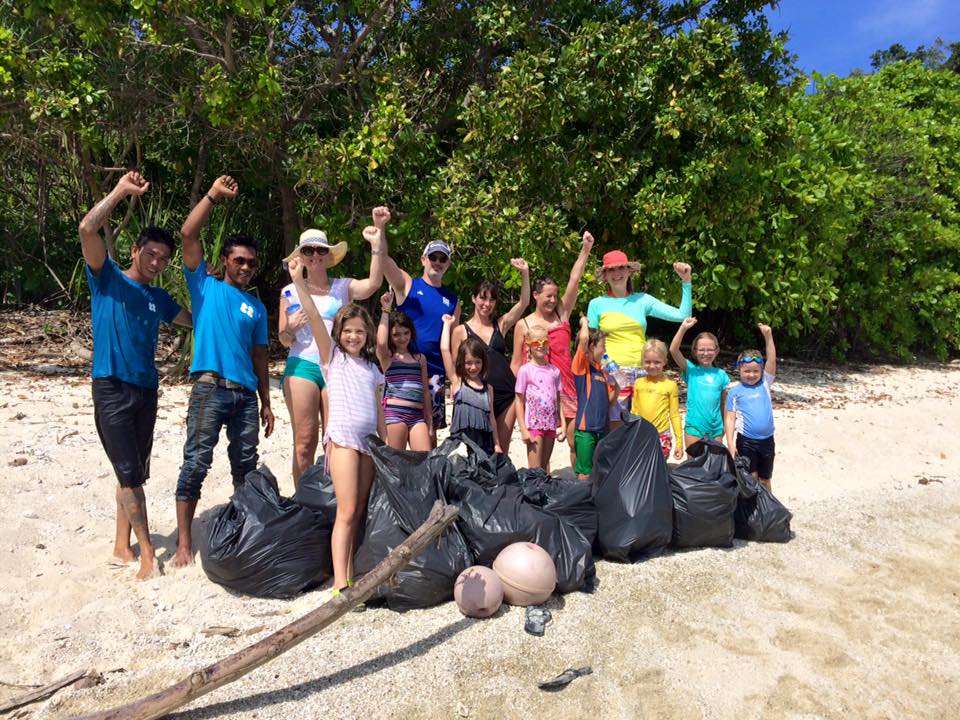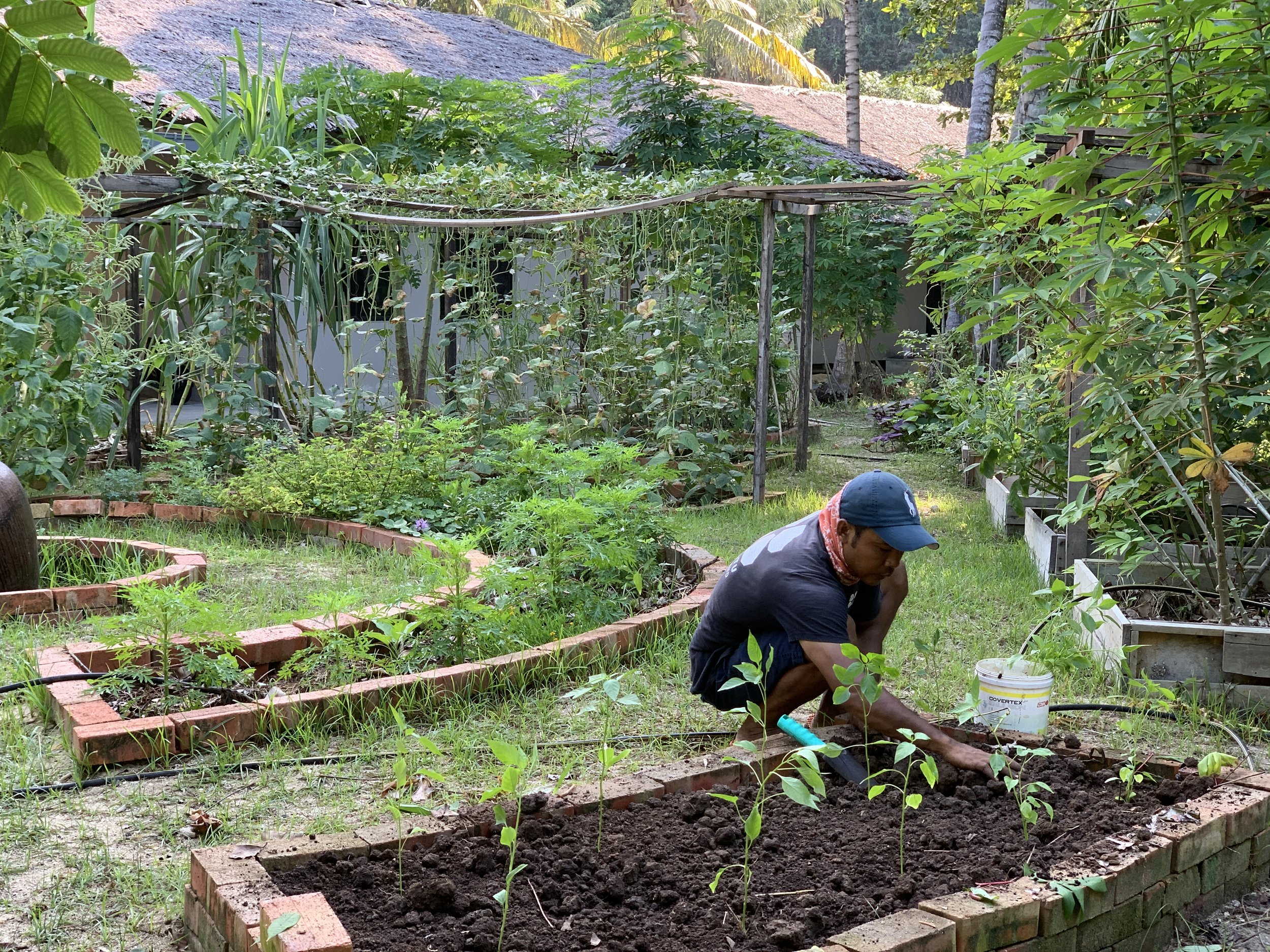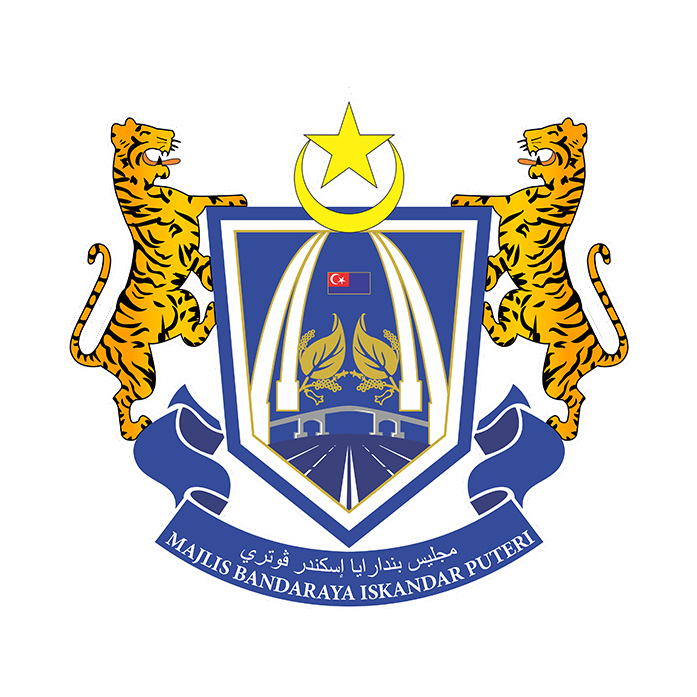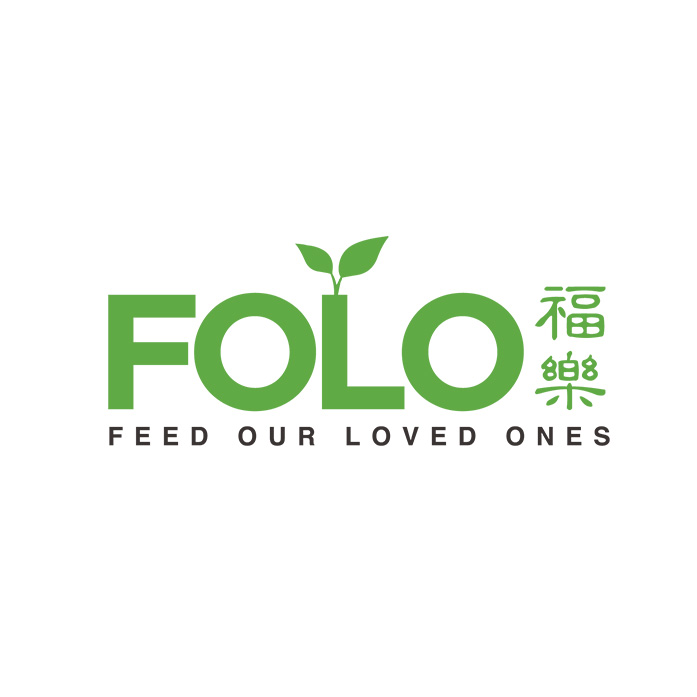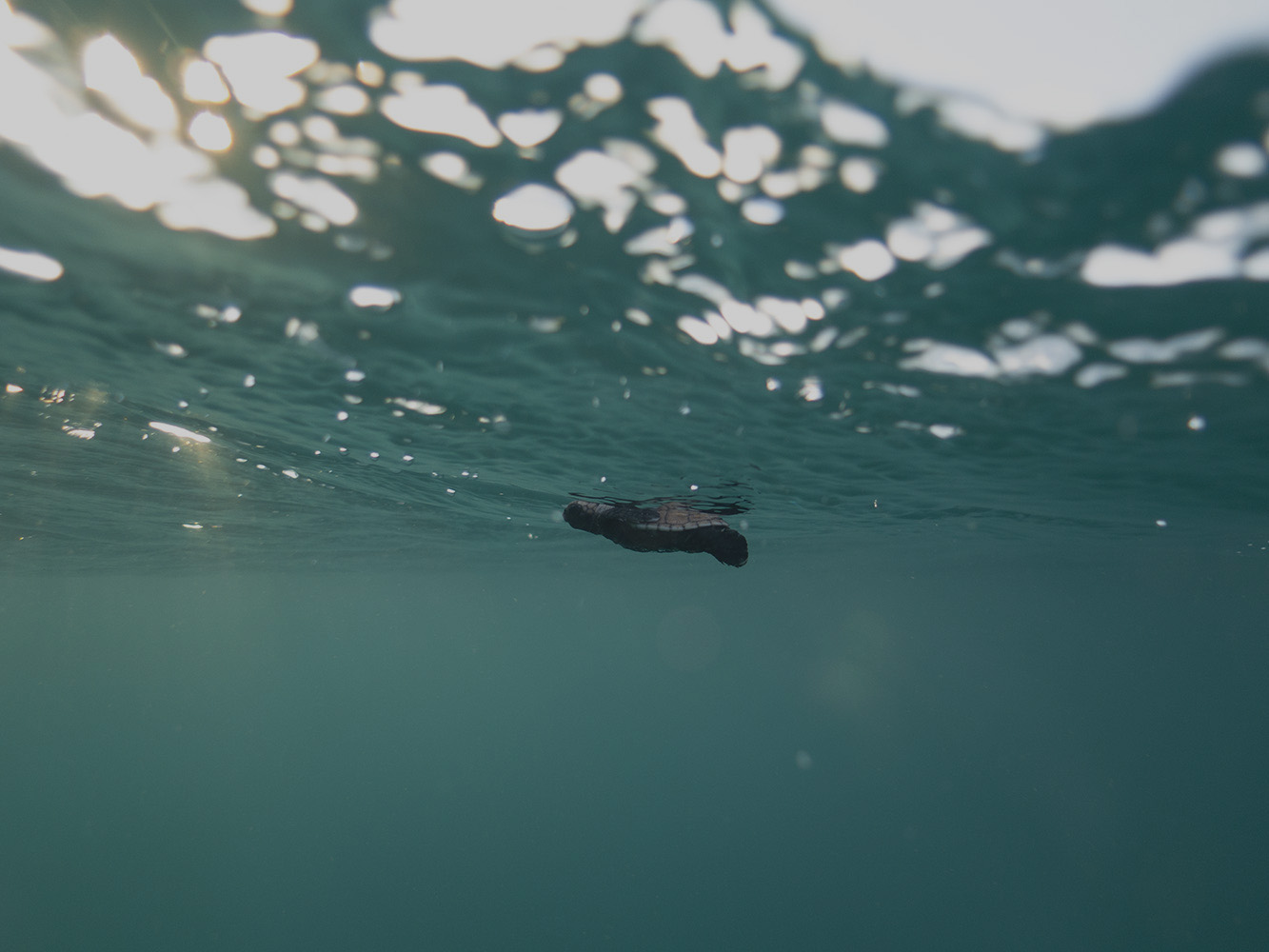
At Batu Batu, we strongly believe that private sector tourism can act as a catalyst for positive change through the preservation and regeneration of the rich but fragile biodiversity of our marine park. Through creating transformational tourism experiences, we hope that the guests who stay with us will leave informed and inspired with a greater mindfulness and respect for the environment. The destination also sees the benefit of incoming tourism revenues flowing to the local communities with a portion applied to the protection and regeneration of biodiversity.
Batu Batu founded Turtle Watch Camp in 2015 and formalised our sea turtle conservation efforts with the establishment of the first privately-run sea turtle hatchery in Johor state in conjunction with the Marine Parks Department and the Department of Fisheries. Since then, a total of 215 nests have been safely relocated, with 13,802 endangered Green and critically endangered Hawksbill turtle hatchlings released.
In 2019, Turtle Watch Camp officially became Tengah Island Conservation (TIC) based at the Tunku Abdul Jalil Conservation Centre at Batu Batu. TIC is a stand-alone, registered non-profit biodiversity management initiative that currently employs a full-time team of scientists. TIC has expanded its scope of environmental work beyond sea turtles to coral reef conservation, marine debris management and community outreach and engagement.
Batu Batu continues to provide core funding for TIC’s existing projects and will also donate all of the resort’s dive and nature activity profits to the conservation projects on an ongoing basis.
Batu Batu is a member of the Global Sustainable Tourism Council (GSTC) and The Long Run.
Batu Batu is committed to supporting and mindfully contributes towards the following United Nations Sustainable Development Goals (SDGs):
“Over the last seven years, we have started a journey to understand, protect and preserve the natural beauty of Pulau Tengah and its surrounds. We are still at the beginning of this journey but the possibility to make a difference appear to be endless.”
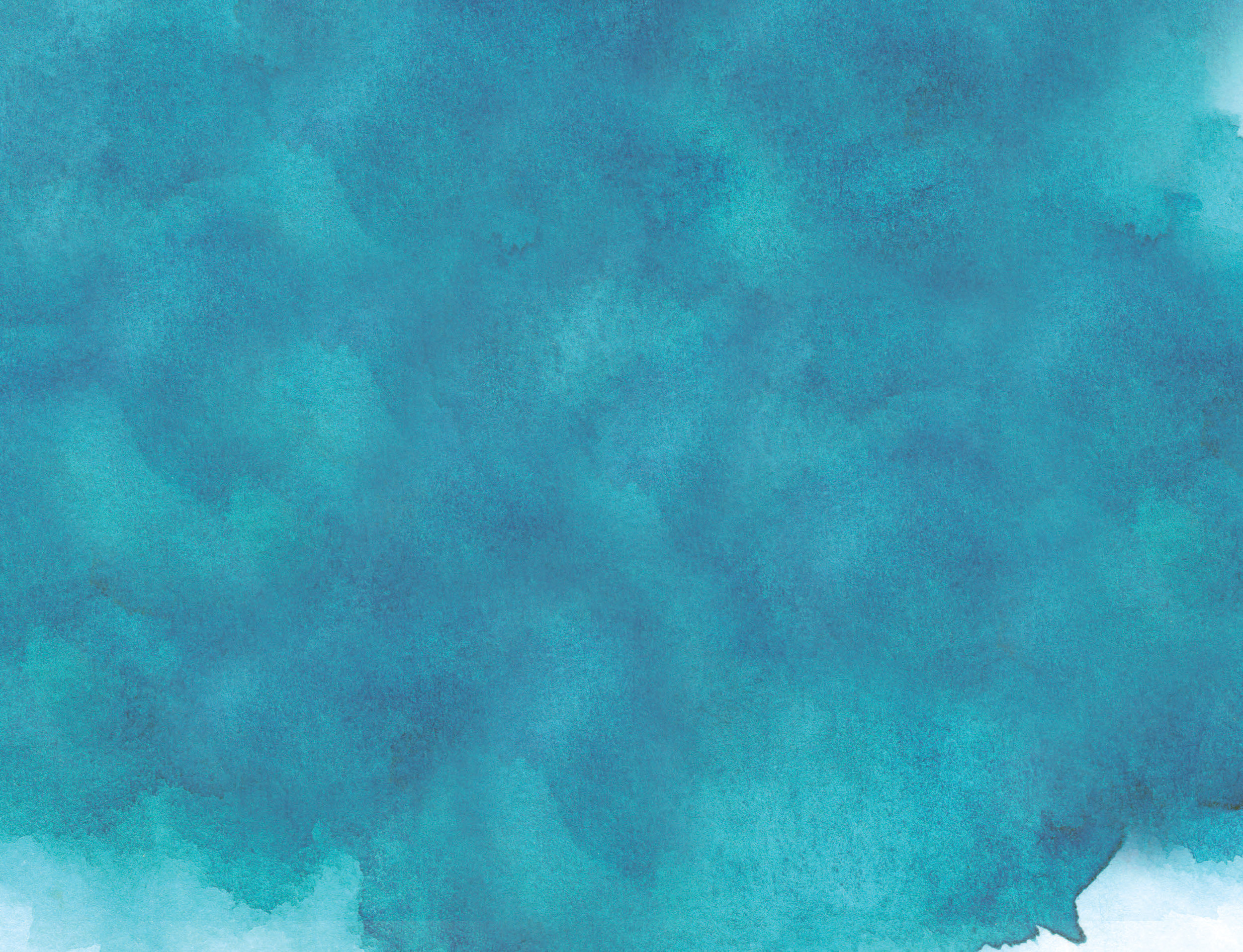
Our Green and Sustainable Practices
Creating sustainable practices in running our little island has been challenging and continues to be work-in-progress. These are some of the things we do today to limit our negative impact on the environment.
Design and Construction
The resort is designed with Malaysian materials and traditional architecture to retain a sense of local identity, location and culture for visitors.
The resort has been designed to unobtrusively blend in with nature. Minimal trees were felled for the resort’s construction. The resort was purposely kept at low density to limit the population on the island.
An open concept is adopted for the Restaurant and Beach Bar to allow for unrestrained air circulation and ventilation, thus minimising the use of air conditioning and fans.
Villas have high ceilings, a large amount of ventilation, ceiling fans and mosquito nets on all beds if guests wish to sleep without air conditioning.
The large majority of the resort’s furniture is made from FSC-certified recycled wood. The management team have visited the supplier’s factory in-person to verify this.
Indigenous plants are used in resort landscaping where possible to avoid the threat of introducing new species to the pristine island environment and to reduce the need for landscape watering.
Interactions With Nature
Guest are provided with guidelines on best practices when interacting with nature. For example, guests are not permitted to fish on or around the island, to collect dead or live marine animals from the beach or sea, or to collect shells or coral from the beaches.
Guests are able to attend regular talks hosted by our resident biologists at the Tengah Island Conservation on topics such as sea turtles and sharks where anthropogenic impacts on these creatures are highlighted.The resort has been designed to unobtrusively blend in with nature.
Snorkelling best practices are communicated to guests such as best areas to snorkel depending on tides to reduce the risk of snorkelers damaging coral. Snorkelers are also advised not to step on or touch corals and are advised not to remove anything from the reefs.
Feeding fish or other marine animals is absolutely prohibited as it interferes with the natural ecosystems within the marine environment.
Our boats do not anchor in coral or sand but tie themselves to mooring buoys to avoid damage to reefs, sea grass or other marine habitats.
Resort lighting is kept low to avoid impacts on wildlife such as nesting turtles.
Reducing Waste
A portion of our mixed food waste is put through a composter which is then used as compost for our organic food garden.
Recycling is separated, weighed and sent to Clean & Happy Recycling in Mersing. The money received from our recycling trader is used for our staff welfare fund.
Water dispensers and glasses are provided throughout the resort. The resort does not provide nor sell water in plastic bottles to avoid single-use plastics.
Water is provided in villas in glass bottles with glasses provided. These are refilled on a daily basis.
Shampoo, conditioner and other toilet products are provided in large bottles in the villas. These are refilled daily hence avoiding small plastic bottles and unnecessary plastic waste.
Toothbrushes, cotton buds, shower caps and other single-use items are not provided in the villas to reduce waste.
Cooking oil and used engine oil are collected and sent to Clean and Happy Recycling in Mersing for onward use.
Water Management
We run our own water treatment system which treats water biologically to the point where it can be released to recharge the island’s ground water through a soak-away system.
The water treatment systems is currently being upgraded to include a vermiculture tank and further filtration and non-chemical treatment which will de-nitrify water and treat it to the point where it can be re-used for toilet flushing and cleaning creating an on-island circular water system. The system upgrade will also reduce the amount of energy used for treating water.
Salt water is desalinated using reverse osmosis on the island which reduces the strain on the island’s natural water resources.
We practice rainwater harvesting for watering of our organic food garden.
Reducing Our Carbon Footprint
LED lights are used throughout the resort which use less energy than traditional lights.
Solar hot water heaters supply hot water to all our villas.
Our seaside dining area and two bars have high ceilings and open sides which allow for natural light and air circulation around the area. This minimises energy use for cooling and lighting.
Air conditioners in the villas are set at 25 degrees celsius and villas are designed with high ceilings, ceiling fans, mosquito nets and plenty of ventilation which allows guests to opt to go without air conditioning.
Guests are encouraged to turn off air conditioners and lights when they are not in the villas.
We replace guests towels and change guests’ bed linen only on request.
Local Community
Where possible we try to provide employment opportunities for the local community and source purchases from local suppliers. More than 50% of our operational supplies are purchased from the local town of Mersing.
Batu Batu has close relations with mixed stakeholders within the local community in advocating for and working together to create a sustainable agenda for the area, particularly in the tourism sector.
We are strong advocates that for-profit businesses can and should give back to the environment and operate sustainably to preserve the pristine environment around us.
Organic Farming Using Circular Systems
We have created an organic food garden in partnership with FOLO (Feed Our Loved Ones). This is a project to promote health and sustainable living awareness amongst our staff and guests as well as a project which practically showcases a number of circular systems like food waste to compost to food, human waste to compost to food, and rainwater for plants to food.
“We travel, initially, to lose ourselves; and we travel, next to find ourselves. We travel to open our hearts and eyes and learn more about the world than our newspapers will accommodate.”

Special Thanks
We believe that we are stronger working together and are infinitely thankful to our friends and partners for their support
